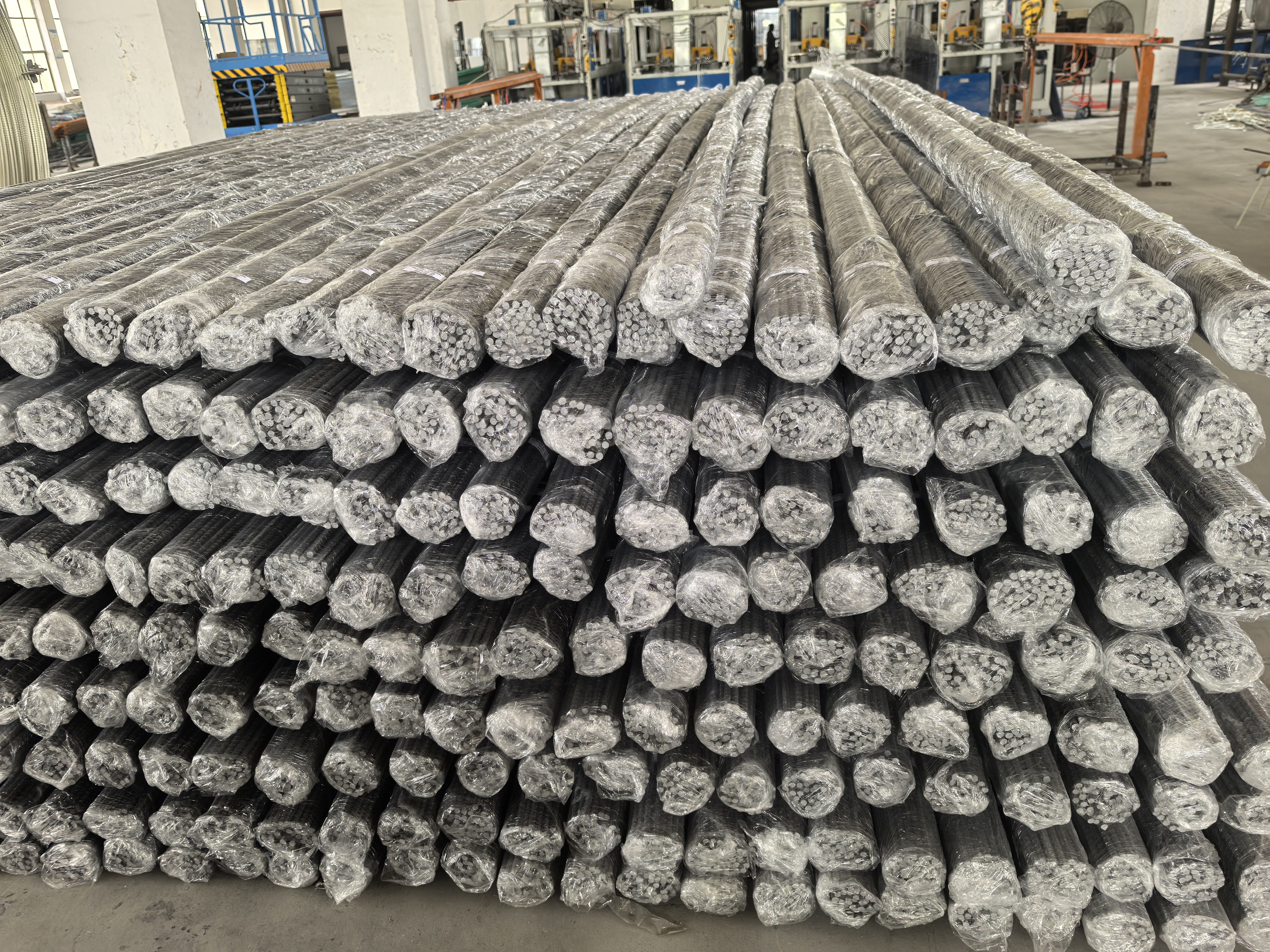Overview
The Fiberglass Reinforced Bolt is a high-performance fastening solution engineered with advanced composite materials, primarily consisting of glass fiber reinforcements embedded in a thermoset resin matrix. Unlike traditional metal bolts, this innovative product combines the exceptional strength of glass fibers with the corrosion-resistant properties of polymer resins, creating a lightweight yet robust fastening system. Designed to withstand harsh environmental conditions and chemical exposure, it offers a reliable alternative for applications where metal components may succumb to rust, oxidation, or electromagnetic interference.
Features
Superior Strength-to-Weight Ratio: Despite being significantly lighter than steel bolts (up to 70% lighter), fiberglass reinforced bolts maintain excellent tensile and shear strength, making them ideal for load-bearing applications without adding unnecessary weight.
Exceptional Corrosion Resistance: The non-metallic composition ensures resistance to saltwater, acids, alkalis, and atmospheric corrosion, making them perfect for marine, chemical, and coastal environments where metal fasteners degrade rapidly.
Electrical and Thermal Insulation: These bolts are non-conductive, providing excellent electrical insulation to prevent short circuits and thermal insulation to resist temperature fluctuations, making them suitable for electrical equipment and high-temperature settings.
UV and Weather Resistance: Treated with specialized coatings, they resist degradation from prolonged sunlight exposure and extreme weather conditions, ensuring long-term durability without compromising performance.
Easy Installation: Compatible with standard tools, they feature precision-threaded designs for hassle-free installation, reducing labor costs and time on-site.
Applications
Marine Engineering: Used in shipbuilding, offshore platforms, and coastal structures to secure components without worrying about saltwater corrosion.
Renewable Energy: Ideal for wind turbines, solar panel installations, and geothermal systems, where electrical insulation and resistance to harsh climates are critical.
Chemical Processing Plants: Suitable for fastening equipment in environments with constant exposure to aggressive chemicals.
Electrical Infrastructure: Used in power substations, transformers, and electrical enclosures to prevent conductive interference and ensure safety.
Transportation: Lightweight properties make them suitable for automotive and aerospace applications, reducing overall vehicle weight and improving fuel efficiency.
FAQ
Q: What is the maximum temperature tolerance of fiberglass reinforced bolts?
A: Most models can withstand continuous temperatures up to 150°C (302°F), with special formulations available for higher-temperature applications up to 200°C (392°F).
Q: Can these bolts be used in high-load structural applications?
A: Yes, their high tensile strength (typically 300-500 MPa) makes them suitable for moderate to high-load scenarios, though specific load capacities depend on bolt size and design.
Q: Do they require special maintenance?
A: No, unlike metal bolts, they do not need painting, galvanizing, or anti-rust treatments, significantly reducing maintenance costs.
Q: Are they compatible with metal nuts and washers?
A: Yes, they work with standard metal fasteners, but non-conductive washers are recommended in electrical applications to enhance insulation.














